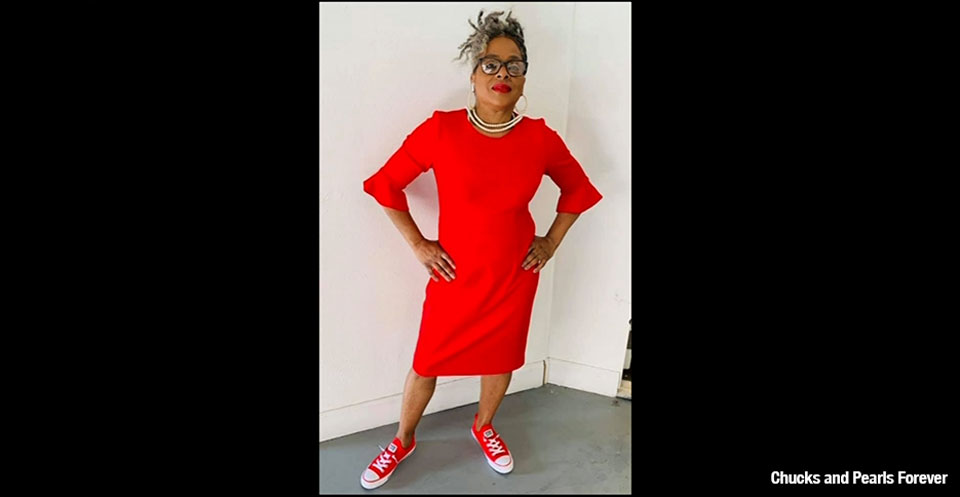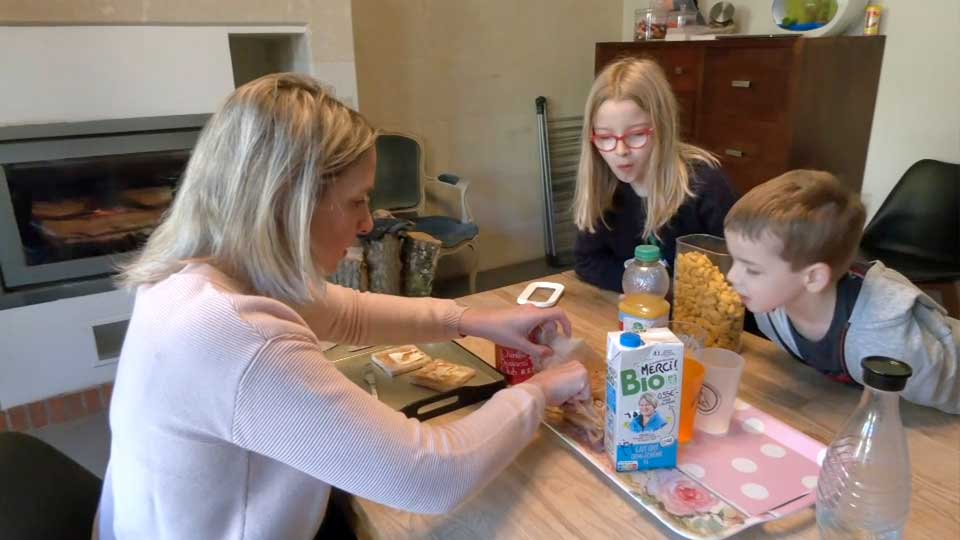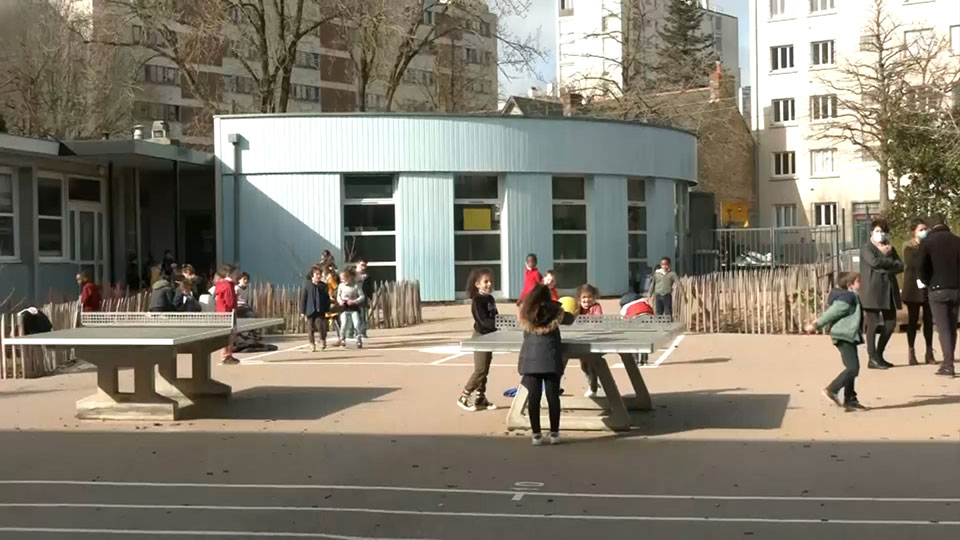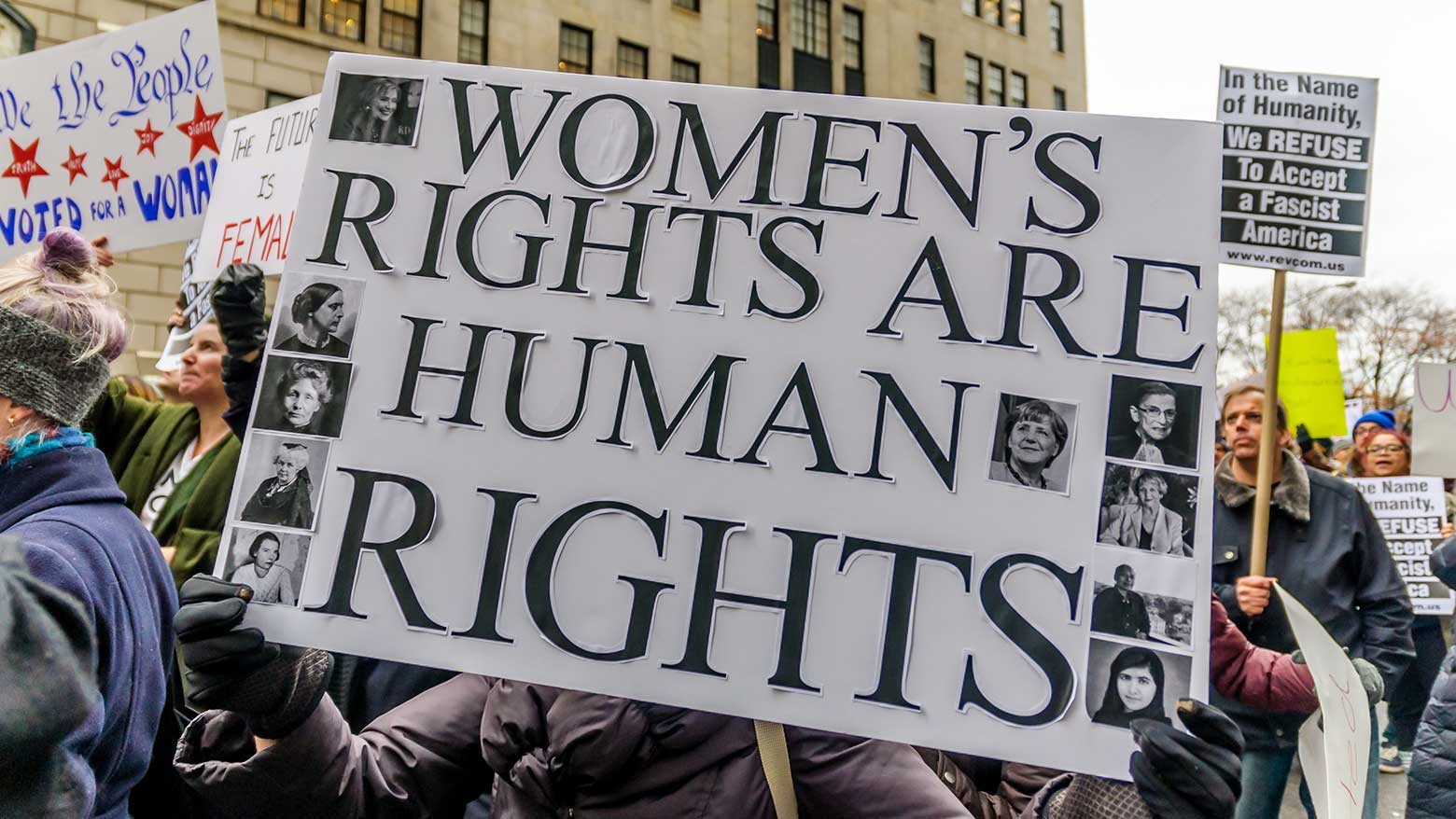Globally, the ratio of women in national parliaments around the world has hit a record 25.5 percent. United Nations Women deputy executive director Asa Regner says active female participation in government and other leadership structures makes the world a better place. "When there is a critical mass of women in politics, priorities change towards more of social investments, more towards children's rights, the care economy, to solve problems long term," she explains.
Momentum builds in the US
A record number of women won seats in US Congress in last year's elections. But in terms of the ratio of female lawmakers, the United States ranks 6th among the G7, and takes 67th place in the IPU list, followed by Japan (166). The top five G7 countries rank as follows: France (27), Italy (35), the United Kingdom (39), Germany (49) and Canada (52).
Grassroots efforts are underway across the US to advance women's representation in politics in a movement inspired by Vice President Kamala Harris.

Social media is playing a key role. A Facebook group called Chucks and Pearls Forever – a nod to Harris's signature look: Converse sneakers and jewelry – has attracted more than 120,000 members since its December launch.
The group hosts online chats with election candidates. One of them has included New York City mayoral candidate Joycelyn Taylor. "The reality of the situation is that there are still a lot of disparities that exist, and we still have a lot of work to do in breaking glass ceilings," says Taylor. "I do want to see gender equality. I want to see mutual respect across the board for all of us."
Chucks and Pearls Forever founder Jeanette DeVaughn says more female politicians are needed to tackle the problems women face, including wage gaps, unemployment, and healthcare issues. "We need a woman at the table to be our voice, somebody who can relate to the issues and what's going on."

Women in France promote diverse viewpoints
A parity law in France has helped women account for 39.5 percent of lawmakers. The French constitution was amended in 1999 to pave the way for gender equality in parliament, and elsewhere in society.
At the heart of the law is a quota system designed to ensure equal access to national and local-level elections. All parties are required to endorse the same number of male and female candidates – with violations met with financial penalties.
Senator Laurence Rossignol led efforts to enact the parity law. The 63-year-old says it was a source of controversy at the time. The main point of contention was the imposition of the strict quota system, with criticism even coming from some women.
Rossignol recalls a common argument against forced parity was that women should be elected based on their skills alone. But since it came into effect more than 20 years ago, "we can see that the law imposing quotas is the only way to guarantee the place of women in electoral mandates," she says.
Laetitia Saint-Paul was elected to the lower house in 2017. The 40-year-old is raising two children and serving as the chamber's vice president. She says motherhood is an asset that brings her closer to her constituents. "I could see it as an obstacle but on the contrary, it makes my mandate as an elected official much more dynamic, much closer to what my fellow citizens are going through," she says.
French parliament began to consider a wider range of viewpoints as more women were elected. It has voted to increase penalties for sex crimes, get tough on gender-based discrimination and crack down on sexual harassment.

The rise in female representation has also had an impact in regional areas. An elementary school in the city of Rennes, western France, replaced a soccer field in the center of its schoolyard with equipment for more mixed activities – including ping-pong tables, a running track and a theatrical space. The change was proposed by mayor Nathalie Appéré, who noticed the soccer field was dominated by boys, with girls forced to the edges of the schoolyard.
Earlier this month, city officials approved a plan to turn other schools and public spaces, like parks, into more inclusive spaces.

Politician Saint-Paul believes targeting gender disparity will improve everyone's lives. "Women are not a minority. We represent 50% of the population," she says. "And necessarily, whatever the method of recruitment, if we only choose from 50% of the source, we miss 50% of the talent."
"I think that the engagement of women in politics, in the public space, has an impact on society as a whole. We should no longer ask women to choose between their work career and their family life because we need both, and we are effective at both," says Saint-Paul.




